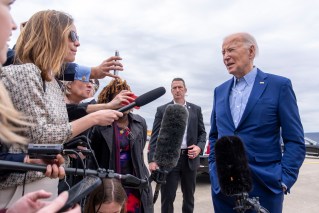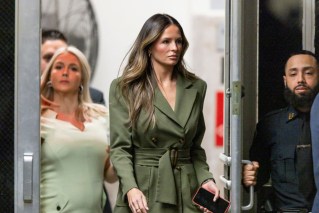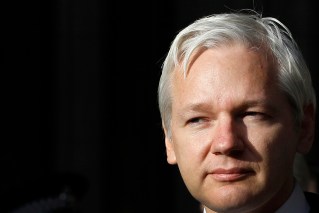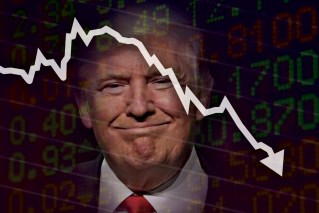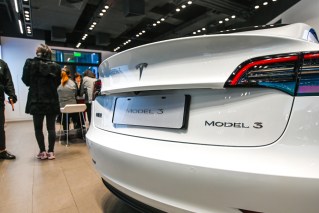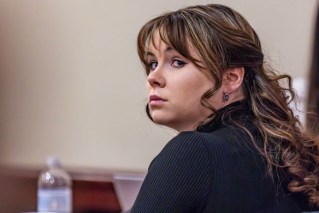Too little, too late? Why Facebook is banning political ads in the US, but only after the election

Facebook has announced an indefinite ban on paid political advertising in the United States, but experts have questioned the decision to wait until voting in the presidential election has closed to implement it.
The move follows this week’s global crackdown on content by the pro-Trump conspiracy theory movement QAnon across Facebook and Instagram, and comes as concerns mount over the high-stakes contest between Donald Trump and Joe Biden on November 3.
“This is shaping up to be a very unique election,” Facebook vice president for integrity Guy Rosen said on Wednesday.
“Getting the final election results this year may take longer than previous elections due to the pandemic and more people voting by mail,” Mr Rosen said.
“So we’re preparing a range of policies and products to keep people informed and prevent the spread of misinformation. ”

Facebook is preparing for a drawn-out vote counting process. Photo: Facebook
University of Melbourne technology researcher Suelette Dreyfus said the policy is a “smart” move for Facebook in light of “the pressure it’s under”, but questioned if the ban should have been introduced earlier “given the complexities” of the election.
President Trump’s refusal to commit to a peaceful transfer of power should he lose the election may have played a part in Facebook’s decision.
This is potentially the most confronting election that the US has faced in 100 years,” Dr Dreyfus said.
“You have clearly seen interference in the normal integrity systems of the election process … We’re now off-the-scale in terms of gerrymandering, voter suppression and postal suppression.”
This degradation of the US voting system, combined with the ongoing technological and cultural experiment that is social media, could be a recipe for turmoil.
“If you have a voting system that’s supposed to be about one person, one vote, but you make it really hard for a section of the population to vote, then when you then use the platform technology to artificially amplify another sector’s vote – perhaps, a very small fringe group – then you run the risk of your congress not representing the people,” Dr Dreyfus said.
Swinburne University digital media expert Belinda Barnet said Facebook’s new political advertising policy, like its QAnon crackdown, comes too late.
It’s too little, too late,’’ Dr Barnet said.
“It also doesn’t really address the content which has actually impacted US elections in the past, which is organic content. So, for example, QAnon content: They don’t take out paid ads.”
Civil liberties and free speech concerns
The coronavirus pandemic has seen governments respond by curtailing civil liberties, which makes protecting freedom of expression online more important than ever, Dr Dreyfus said.
“COVID has caused a set of governments around the world to to basically use the pandemic to reduce civil rights, and that is a big concern,” she said.
“It’s particularly true in countries that have more heavy-handed governments, but Australia has some of the most overreaching security laws of any Western democracy.”

Governments have used the pandemic to curb civil liberties. Photo: Getty
Social media has radically transformed the media landscape, giving voice to many who were previously unheard.
“One of the positive things that tech platforms have brought us is they’ve put Gladys-in-the-suburbs on the same footing as the New York Times in terms of being able to communicate ideas and criticism to the general public,” Dr Dreyfus said.
In recent years, Facebook has “to its credit” taken “a number of small steps, but in a regular pattern, to try to improve accuracy on its website”, Dr Dreyfus said, including employing credible, independent fact-checkers “to evaluate potential fake news being sent viral on Facebook”.

Facebook has taken “small steps” to tackle misinformation on its platforms. Photo: Getty
“Instead of deleting [misinformation] – so instead of censorship – they demote it. Which means you can still find it if you’re looking for it, but it’s not going to appear at the top of people’s feed,” Dr Dreyfus explained.
This seems to be a fairly elegant way of not being anti-freedom of expression, but also being sensible.”
Despite this, the world clearly has a problem “whereby you have a whole swathe of the population who are believing a set of things that are just factually incorrect, you’ve got a small number of bad actors who are deliberately spreading false information, and the stakes are really, really high,” Dr Dreyfus said.
While censorship should be avoided to preserve freedom of expression, using technology “to weed out fake information and tackle it a little bit more aggressively would be a positive thing”.

